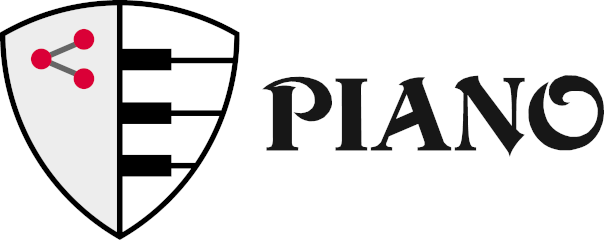2023 – 2025
The ACCESS (Accessibility to clinical care for people with ASD through anxiety management by using personalized applications and IoT) project under the PRIN PNRR program aims to design and create ICT tools to monitor and contain anxiety in individuals with autism syndromes in clinical pathways, through personalized tools. Partners in the project are the University of Pisa (lead partner), IIT-CNR, Politecnico di Torino, and Politecnico di Milano.
2023 – 2025
CoHe (Colere Hereditatem) is a project financed under the PRIN program. The project focuses on the protection and enhancement of cultural heritage (Cultural Heritage), addressing global challenges such as climate change, conflicts and wars, urbanization, mass tourism, risks related to digitization, lack of resources and expertise, illicit trafficking of cultural property, loss of cultural diversity, and generational change accompanied by widespread cultural disinterest. The main objective is to create a sustainable interaction between research and action, promoting the appreciation and awareness of heritage by the whole society, highlighting its interdependence with the environment and its historical and social relevance.
Partners: CNR (ILIESI (lead), IIT, …), Libera Università San Raffaele”-Milan, UniBO, UniGE, UniPD, Conservatorio di Musica Giuseppe Martucci – Salerno.
2023 – 2025
The main objective of the project is the recovery and promotion of access to the medical records (CC) of the former psychiatric hospital of Girifalco (CZ) through processes of digitization, transcription, annotation and linguistic analysis, in order to investigate cultural, political, social and sociolinguistic aspects of the late 19th and early 20th centuries. Project partners are the University of Naples “Federico II” and the University of Foggia.
The project is funded under the National Recovery and Resilience Plan – Mission 4 – Component 2 – Investment 1.1, National Program Fund for Research and Projects of Significant National Interest (PRIN), funded within the Next Generation EU (NGEU) Program, with D.D. no. 1371 – 01/09/2023 (ERC Sector SH4 “The Human Mind and Its Complexity”)

PIANO – Personalized Interventions Against Online Toxicity
28 Settembre 2023 – 27 Settembre 2025
PIANO aims to address the problem of toxic and hateful speech in online environments. The spread of such toxic behavior hinders healthy conversations, promotes radicalization, and can even lead to offline harm. Current moderation interventions have not been effective in reducing toxicity, as they use a “one-size-fits-all” approach. PIANO proposes a novel approach by designing personalized moderation interventions based on user personality traits. The project employs a cross-disciplinary approach, combining psychology, machine learning, and artificial intelligence techniques. The system employs methods to infer user personality traits from their online activity and uses this information to craft tailored text-based interventions. The project will be validated through psychological surveys and experimental campaigns on platforms such as Reddit, Twitter, and Il Sole 24 Ore. PIANO also aims to address ethical, privacy, and legal concerns associated with online moderation. By adopting a user-centered approach and leveraging psychology and data analytics, PIANO seeks to advance the theory and practice of online moderation.
15 Ottobre 2023 – 14 Ottobre 2025
The STEMMA project investigates how to reduce the gender and visual-impairment gap in accessing to STEM educational path and materials, by analyzing actual and perceived difficulties and barriers, user preferences and needs, and (co)designing persuasive tools to promote/foster the choice the choice to pursue a scientific path and career.